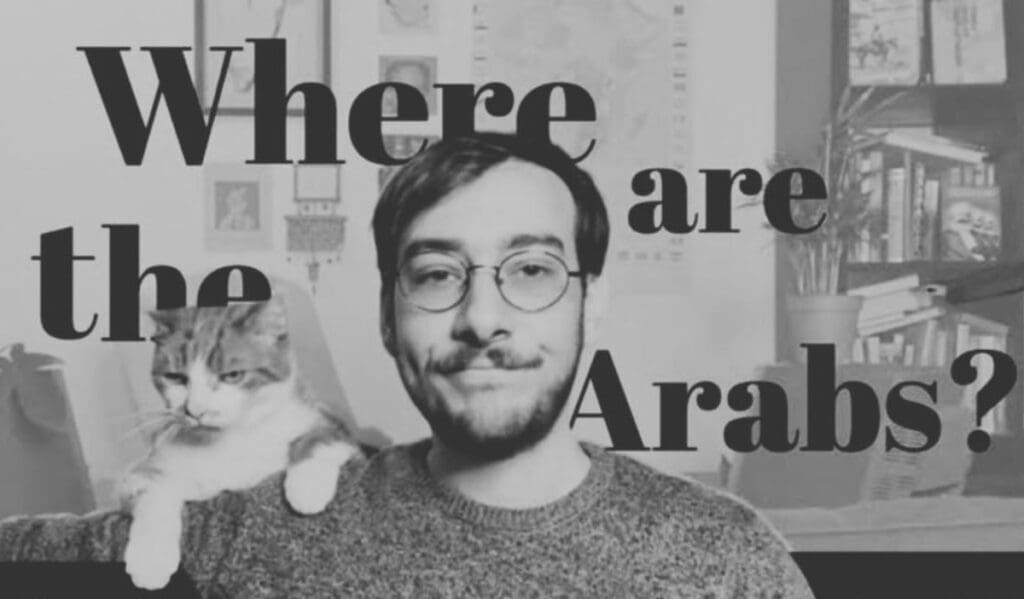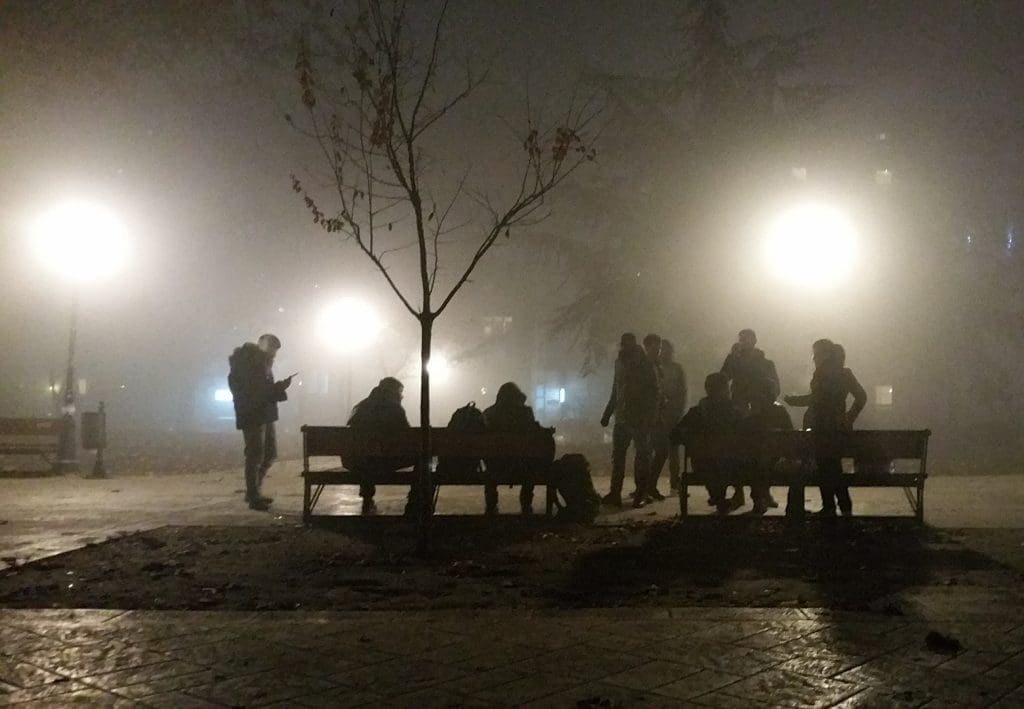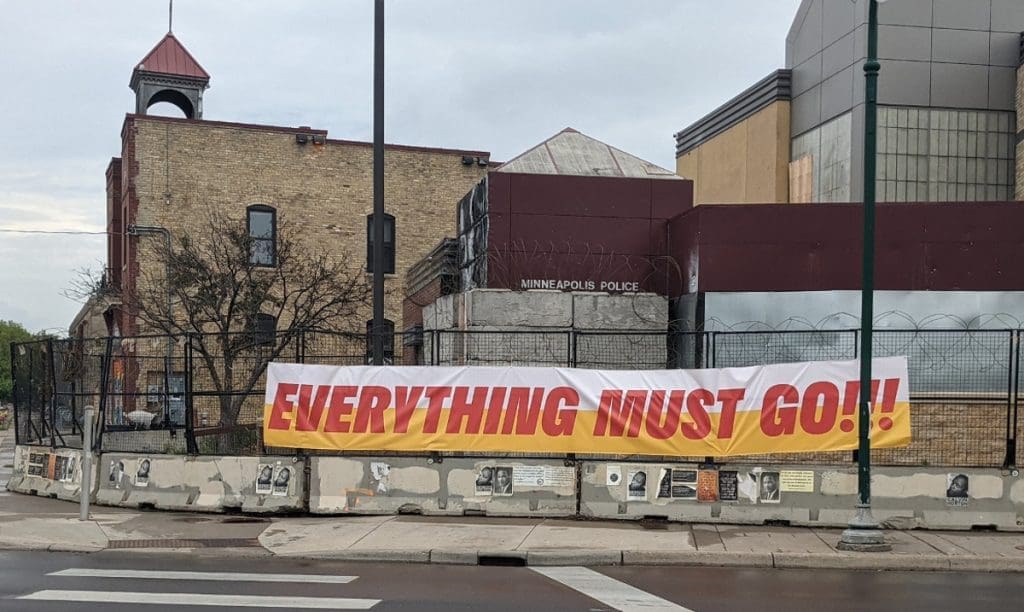Where Are the Arabs?
On the limitations of Arab nationalism and charting an alternative path to liberation
a zine by @Lizar_tistry based on the video essay by Ayman Makarem
17 March 2025 (read | print)
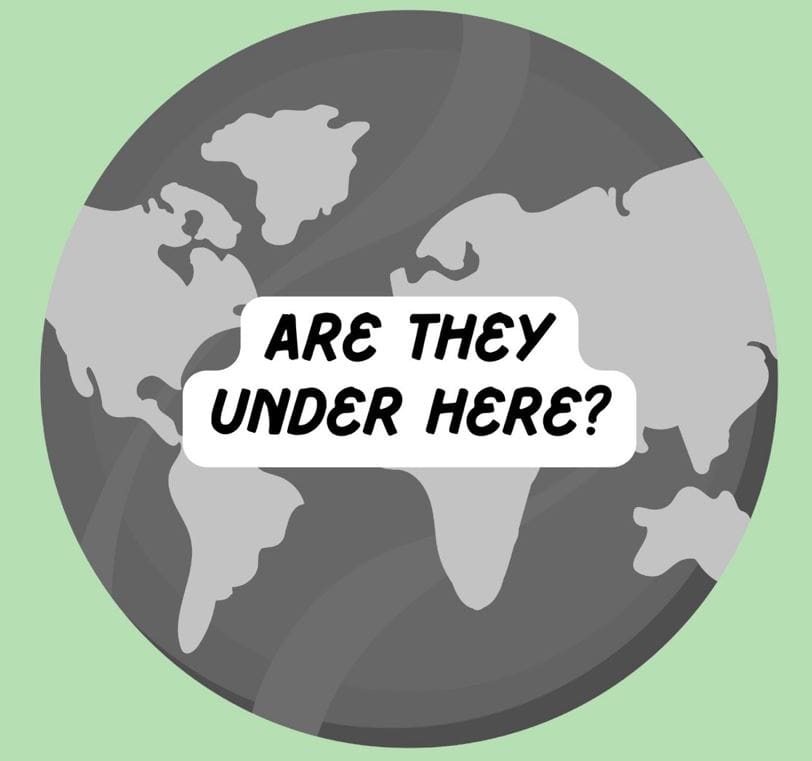

Arab Nationalism began as a reaction to divide-and-conquer tactics by Western powers, and asserted reunification of the SWANA* region as anti-imperialism.
Reality: it confronted racist exclusionary ideology with its own policies of conformity and division. Regimes feared actual unity because it would detract from their own power.
“Thus to the walls constructed by Zionism have been added walls constructed by a dogmatic, almost theological brand of Arabism.”
—Edward Said
* SouthWest And North Africa (none of that ‘Middle East’ bullshit)

Limitations of the Nation
Nations are not organic facts but “imagined political communities” (Benedict Anderson), an active violent process designed and developed by certain individuals with something to gain politically or economically.
Political subjects who don’t fit the mold of the “ideal Arab” (Kurds, Arab Jews…) are met with violence.
Who gets to decide?
Why the Arab bourgeoisie are trash
You may have seen this clip of Palestinian writer Ghassan Kanafani:
“You don’t mean exactly peace talks, you mean capitulation, surrendering…That’s a kind of conversation between the sword and the neck.”
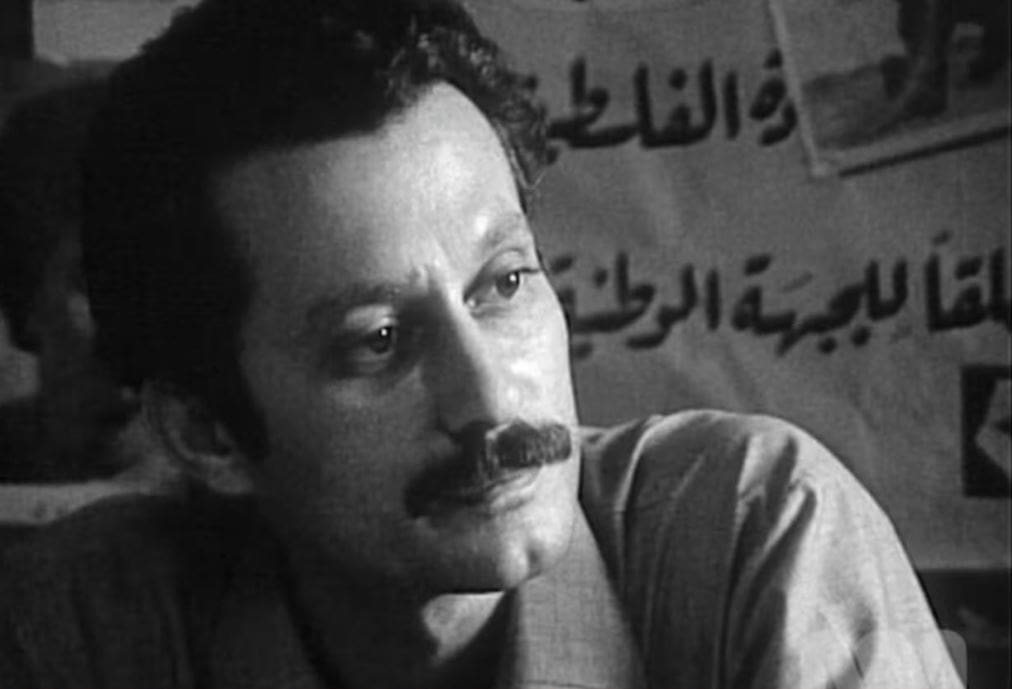
But did you know in the same interview, he said this?
“We consider the Arab governments two kinds: something we call reactionaries who are completely connected with the imperialists, like King Hussein’s government, like Saudi Arabian government, like Moroccan government, Tunisian government. And then we have some other Arab governments, which we call the military petite bourgeoisie governments, that’s like Syria, Iraq, Egypt, Algeria, and so on.”
—Ghassan Kanafani, 1971
Petite Bourgeoisie 101
The petite bourgeoisie are like the “middle class”—they own some means of production (vs. peasants or workers) and their class interests are to become part of the higher bourgeoisie.
In their 1969 manifesto, the Popular Front for the Liberation of Palestine, or PFLP, warned against the petite bourgeoisie:

“[The petite bourgeoisie] is antagonistic to colonialism and reaction but at the same time wants to keep the privileges which it enjoys.”
These regimes have espoused Arab socialist economic policies but are functionally state capitalist—no attempts to abolish or collectivize private property. Instead, they created carceral, militarized surveillance states that enriched a small group of neocolonial elites while exploiting and dispossessing masses of people.
Abandoning Arab nationalism’s focus on a top-down strategy
“We can’t, at the end of the twentieth century, return to some earlier ideal. Because the ideal is irrecoverable, and because all such returns involve a new politics of domination—essentially authoritarianism, dogmatism. Whereas I felt the role of the intellectual in the Palestinian movement was effectively to present a new critical understanding of the contemporary world.”
—Edward Said
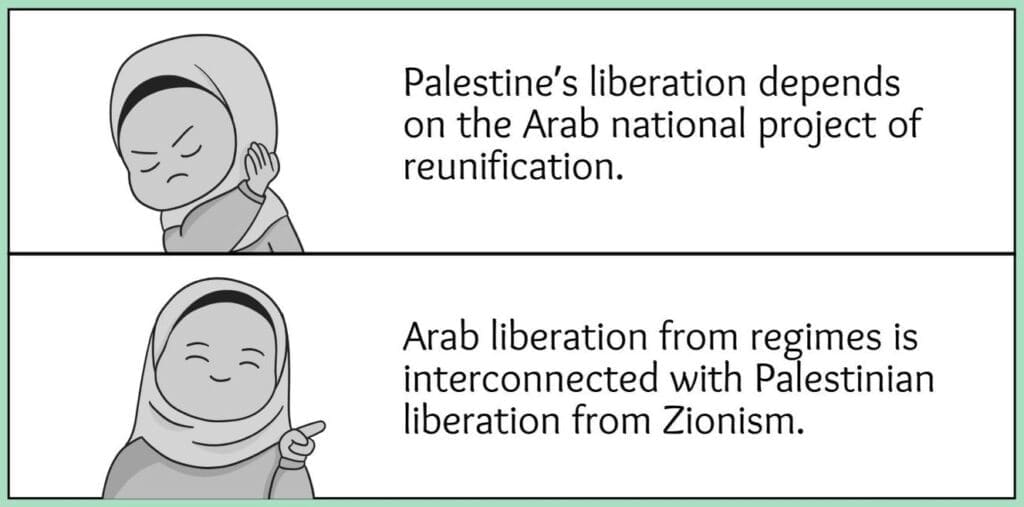
Leftist Arabs need to learn from and reckon with their own history as Arabs to diagnose the roots of the problem. Leftists need to move past old and tired strategies and tactics of the past—including sentimentality for the Soviet Union.
Starting on the local level first to change the world
“Do you guys ever wonder why you’re trying so hard but making no moves? About a decade ago someone asked me, ‘What can we do for Palestine?’ I said, ‘Work with your community. Make sure your community is well taken care of. Make sure your community is educated. Make sure your community is healthy and well.’ Do you know why I said that? Because you can’t fight when you’re unwell.”
—Mariam Barghouti
“The forces of reaction have penetrated so deep—not only in our streets, but in our dreams as well. But as painful as it may be, we need to wake up. We need to first abandon nostalgia, abandon the myths of the past. Only then might a new rupture emerge. We have to find a way to dream, to have hopes, while keeping our eyes wide open, looking always ahead.”
—Ayman Makarem, Politically Depressed podcast
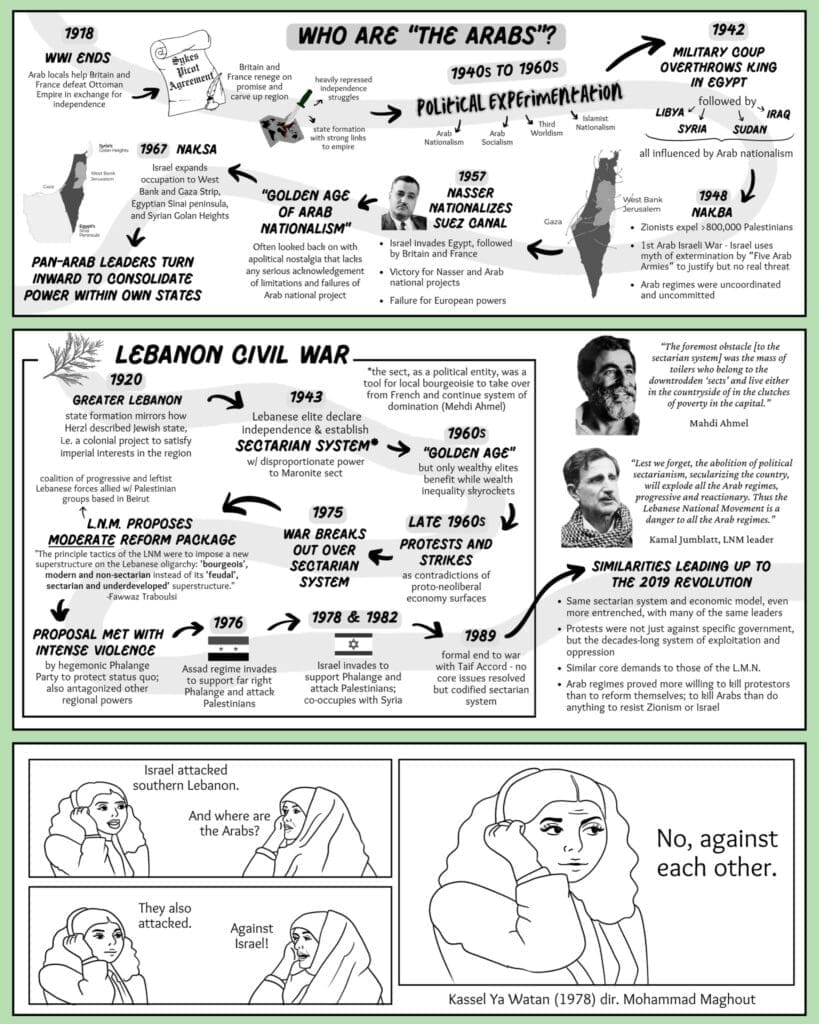
This zine is based on a video essay by Ayman Makarem of the From The Periphery media collective (of which Antidote Zine is also an affiliate). It was designed by @Lizar-tistry. Support From The Periphery on Patreon.
Here’s what the zine looks like printed, cut, and folded:
Download PDFs to print, read, and share:

